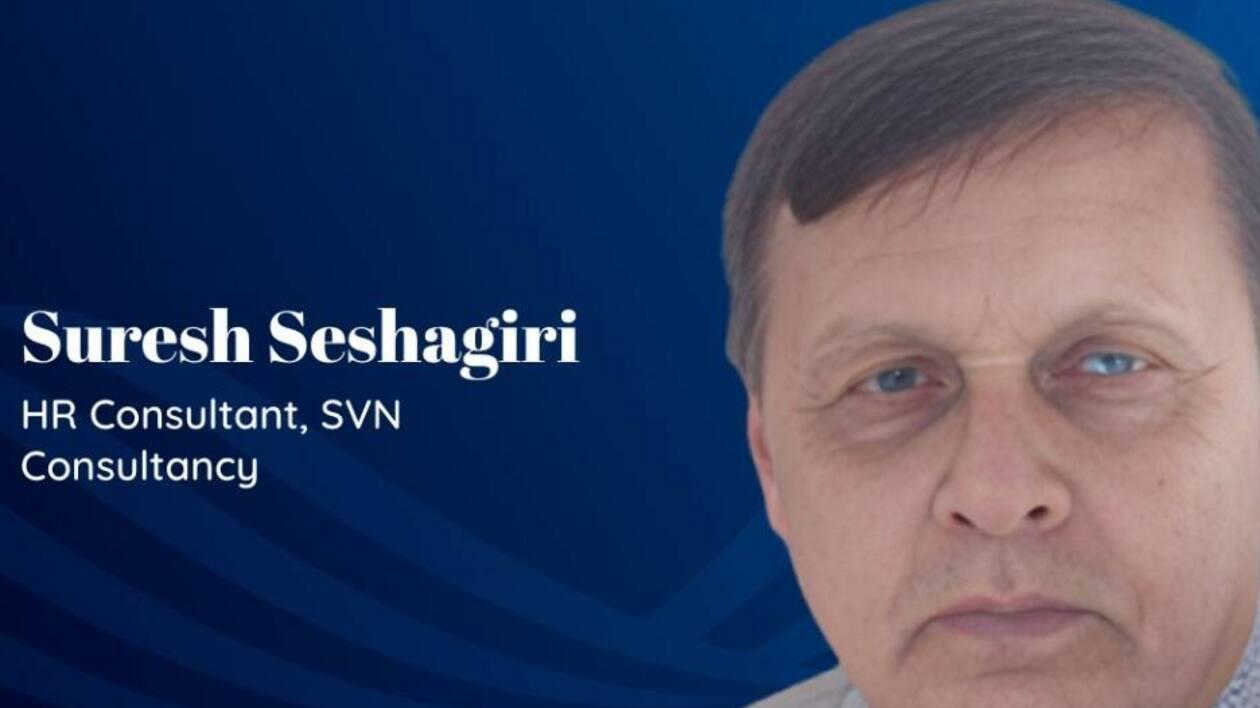Retirement planning is one of the biggest financial decisions one makes in life. It has a set of challenges and if you don't get your finances right with smart planning and consistency, you are unlikely to achieve your retirement goal. When planning for retirement, one has a number of questions including: Where to put money? How much and for how long?
Who better to answer these questions than those who are experienced?
In a series on retirement planning,MintGenie interviews a retired senior citizen every week to explore how they planned their retirement, the investments that worked for them, the ones that did not, the advice they have for the younger generations and much more.
This week, we've interviewed Suresh Seshagiri, an HR Consultant, to know how he planned his retirement and learn some lessons. While Suresh now manages his own recruitment firm called SVN Consultancy, he earlier worked with many well-known multinational companies.
One must live within their means and avoid taking risks as they approach retirement, says Suresh. Don't look for quick buck, he advises, adding that as far as possible, don't borrow and don't lend.
Edited Excerpts:
How did you plan your retirement and did you follow that plan?
In my case, as I worked for a private organisation, I did not know when I was going to retire, unlike in government organisations. Though the general retirement age is 60, my tenure was extended beyond that age. Moreover, one cannot really predict how much they would be making going ahead in a private firm as there is no job security. Since I worked in a wind energy firm, I had to face the brunt of slowdown in the sector for about 3 years, due to which, my income did not see any significant raise during that period. Therefore, all my planning went for a toss. However, the investments that I made wisely in my early years helped. I bought two houses and had settled my EMIs by then which meant there was no rent that we had to pay and in fact, we had rental income coming in from the second house that we own, though the returns could have been higher if we invested that money in options with higher interest rates. Besides, I also bought a piece of land, which, when needed, can generate some returns when sold.
What were the investments you made?
I avoided investing in shares as I'd once burnt my fingers in stocks and since I don't understand markets beyond basics. I made investments in FDs, national saving certificate, fixed deposits, mutual funds of well-known companies. I invested in a ULIP plan under which every year I invested ₹50,000 for 15 years. After 15 years, I received a lump sum amount of ₹24 lakh from that investment. Likewise, I invested in multiple FDs with different maturity periods as interest for senior citizen tends to be higher here.
Also Read: One must meet this condition if they want to retire early, according to Retd. Pr. Chief Commissioner of GST C.P. Rao
In your view, what works best for retirement and what doesn't?
According to me, even if the returns are lower comparatively on an investment, it's okay as long as your money is safe. I invested in FDs, mutual funds, post office scheme to make sure my money was safe. We haven't gone beyond 9% interest rate of returns on investments and have had a steady flow of income through these means. It's best to avoid taking risks when you are approaching retirement. Besides, retired people should also look for working for a few years after retirement to have regular income and to be active.
Did you achieve your retirement goal?
As mentioned earlier, I did not have a number in my mind as I was in a private firm where, unlike government companies, there is a lot of uncertainty. There's always a risk of losing job too.
According to you, what are the most important factors to consider when planning retirement?
Firstly, there should be adequate health insurance to cover for any medical expenses that occur as you grow old. One should have a minimum coverage of at least ₹10-15 lakh depending on their needs. Secondly, one should make sure that there's a roof on their head by the time they retire so that they can save the amount that would otherwise be spent on rent. It's also advisable to have your own vehicle as you grow old because using public transport can be a hassle after a point. Another important thing is having steady monthly income via FDs or some such investments so that the expenses can be taken care of without any financial stress. One important factor that cannot be ignored is having saved enough for your children's higher education or wedding expenses. A portion of your investments should also be in gold as it is a safe investment option. And another investment should be in mutual funds. The idea is to not put all your eggs in one basket.
Any advice for GenZ for early retirement?
The most important advice would be “live within your means”. Don't buy anything you can't afford. Plan savings in such a way that you have income that you want, not what you are forced to get. After retirement, make sure your expenses don't go up. Don't look for quick buck and take the help of good financial advisors. As far as possible, don't borrow and don't lend.
